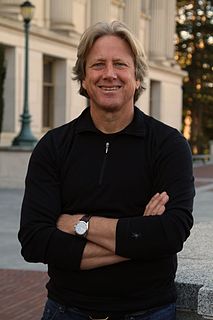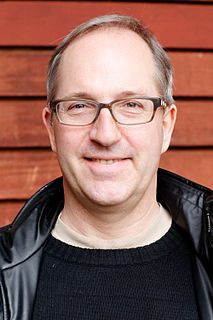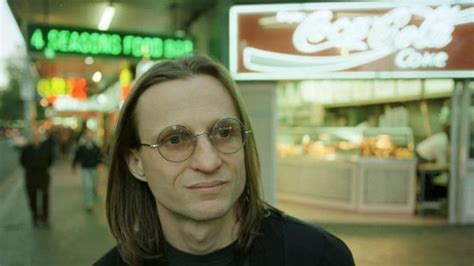A Quote by Edna Ferber
There are only two kinds of people in the world that really count. One kind's wheat and the other kind's emeralds.
Related Quotes
There are two different kinds of spectacular fighters. One is a subtle counter puncher who shows the work like chess. It's kind of an art, sports art. The other kind is when a guy has blood on all his body. That's a second kind of spectacular fighter, and people enjoy both. Both kind of fighters need to be respected.
If you have that spark that inspires other people, if you have a spark that gives resources to other people, that shares in really collaborative fashion, a spark of wit that kind of tells a story that gives people novel perspective of something, that's the kind of charisma that really leads to lasting power. It's not the kind of charisma that's seductive and self-aggrandizing. It's really a sort of a kind of social energy that really brings about the best in other people.
There are two kinds of humor. One kind that makes us chuckle about our foibles and our shared humanity -- like what Garrison Keillor does. The other kind holds people up to public contempt and ridicule -- that's what I do. Satire is traditionally the weapon of the powerless against the powerful. I only aim at the powerful. When satire is aimed at the powerless, it is not only cruel -- it's vulgar.
There are two kinds of pity. One, the weak and sentimental kind, which is really no more than the heart's impatience to be rid as quickly as possible of the painful emotion aroused by the sight of another's unhappiness, that pity which is not compassion, but only an instinctive desire to fortify one's own soul agains the sufferings of another; and the other, the only one at counts, the unsentimental but creative kind, which knows what it is about and is determined to hold out, in patience and forbearance, to the very limit of its strength and even beyond.
There are two kinds of people. One kind, you can just tell by looking at them at what point they congealed into their final selves. It might be a very nice self, but you know you can expect no more surprises from it. Whereas, the other kind keep moving, changing... They are fluid. They keep moving forward and making new trysts with life, and the motion of it keeps them young. In my opinion, they are the only people who are still alive. You must be constantly on your guard against congealing.
In some ways, the great danger for this commodified universe is our boredom with it ... There is this sort of dialectic that you could tease out, that even in this overdeveloped late-capitalist world, that boredom was still this kind of critical energy that you could work on and try to theorize and then act on, to find other kinds of belonging, other kinds of desire, other kinds of life.







































